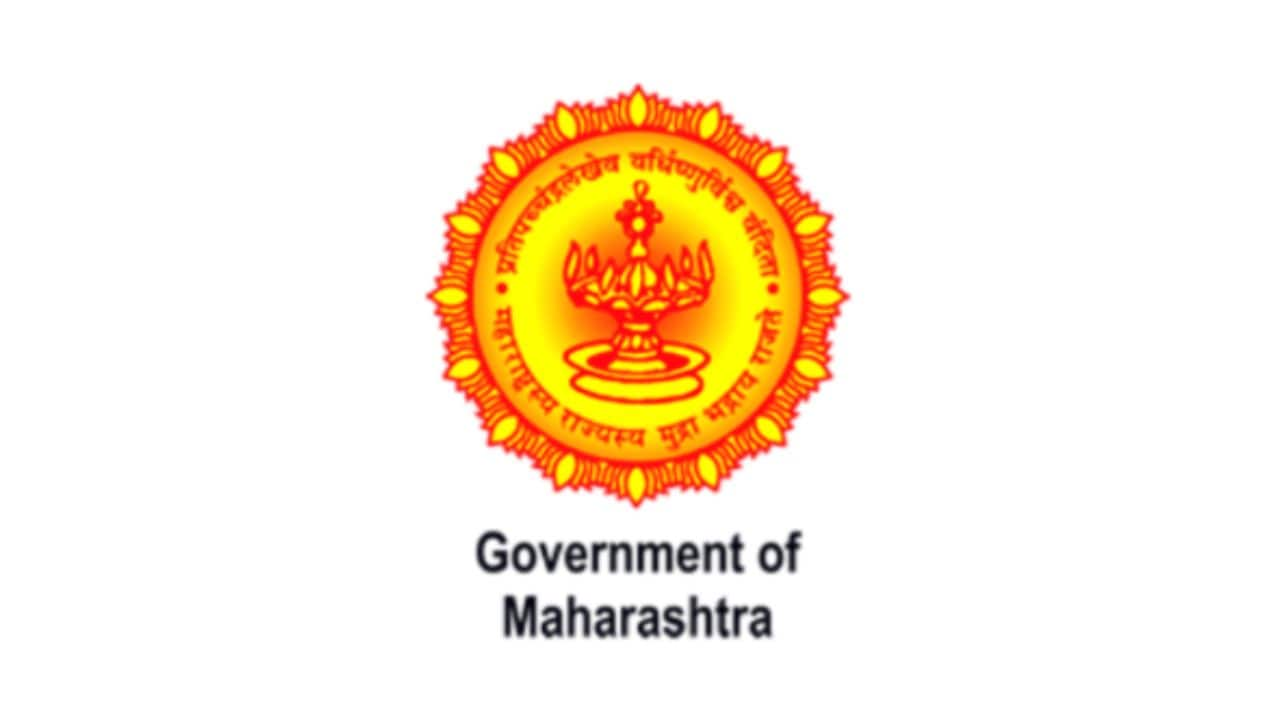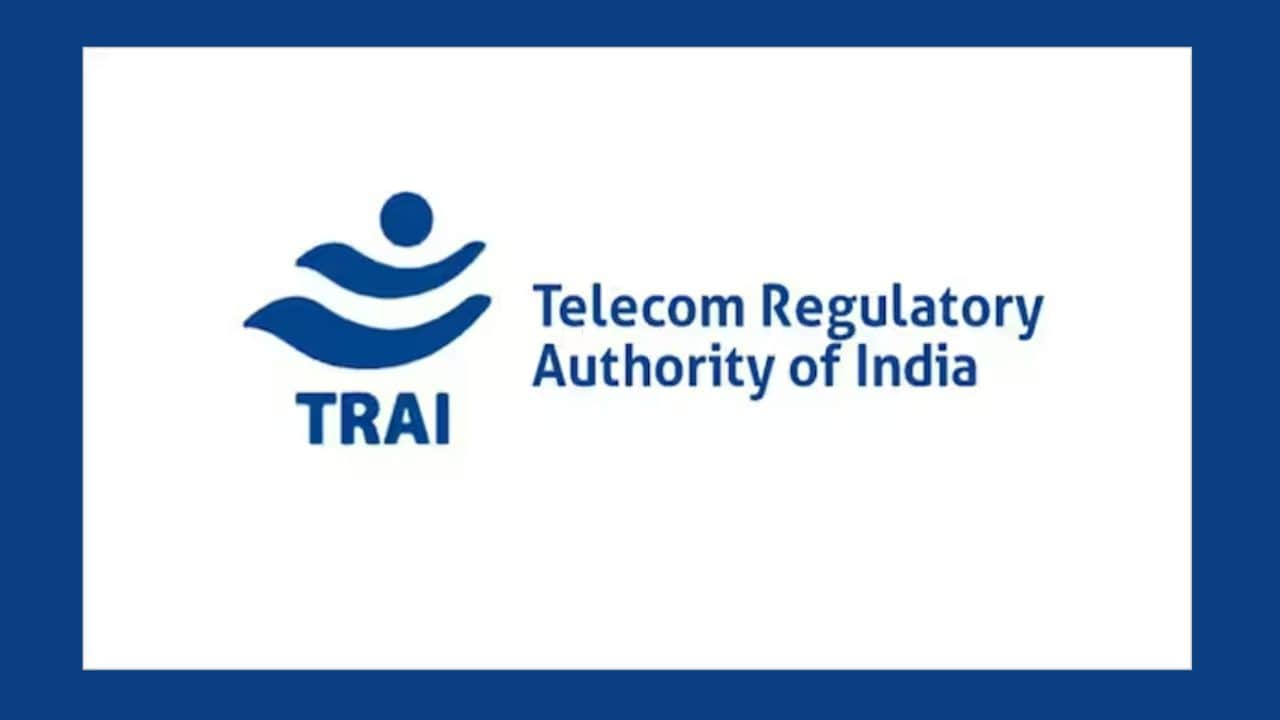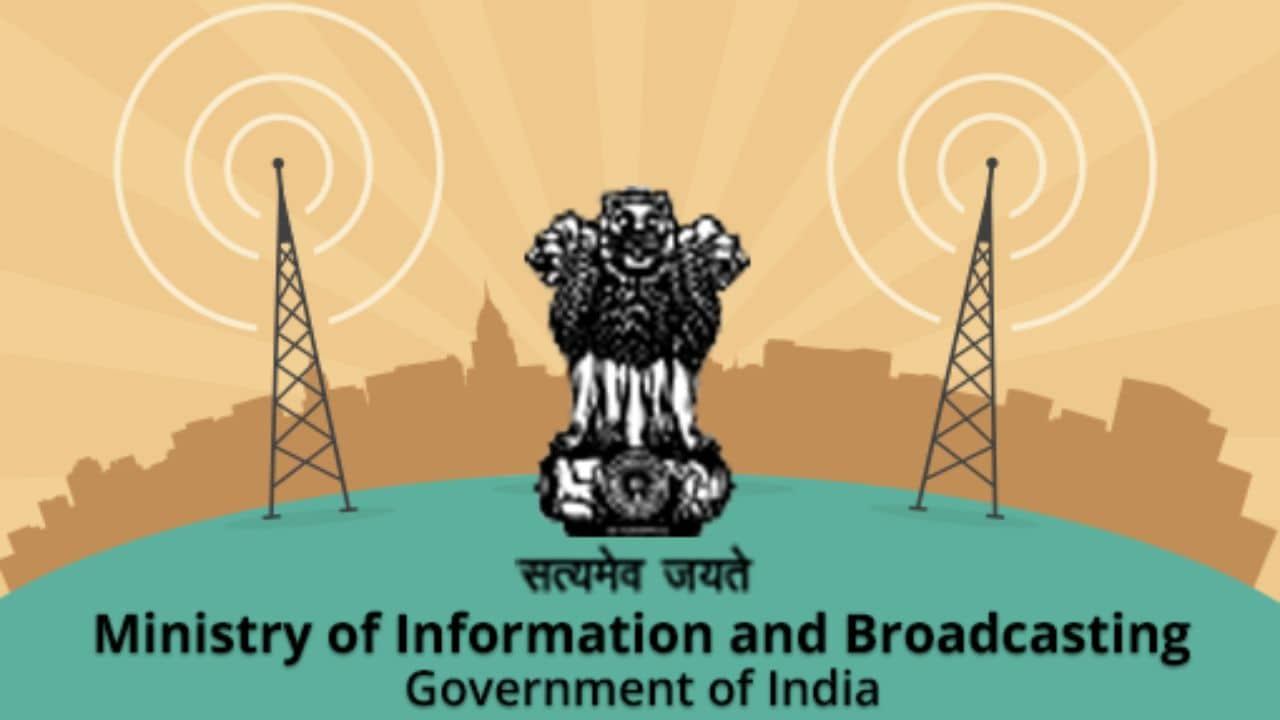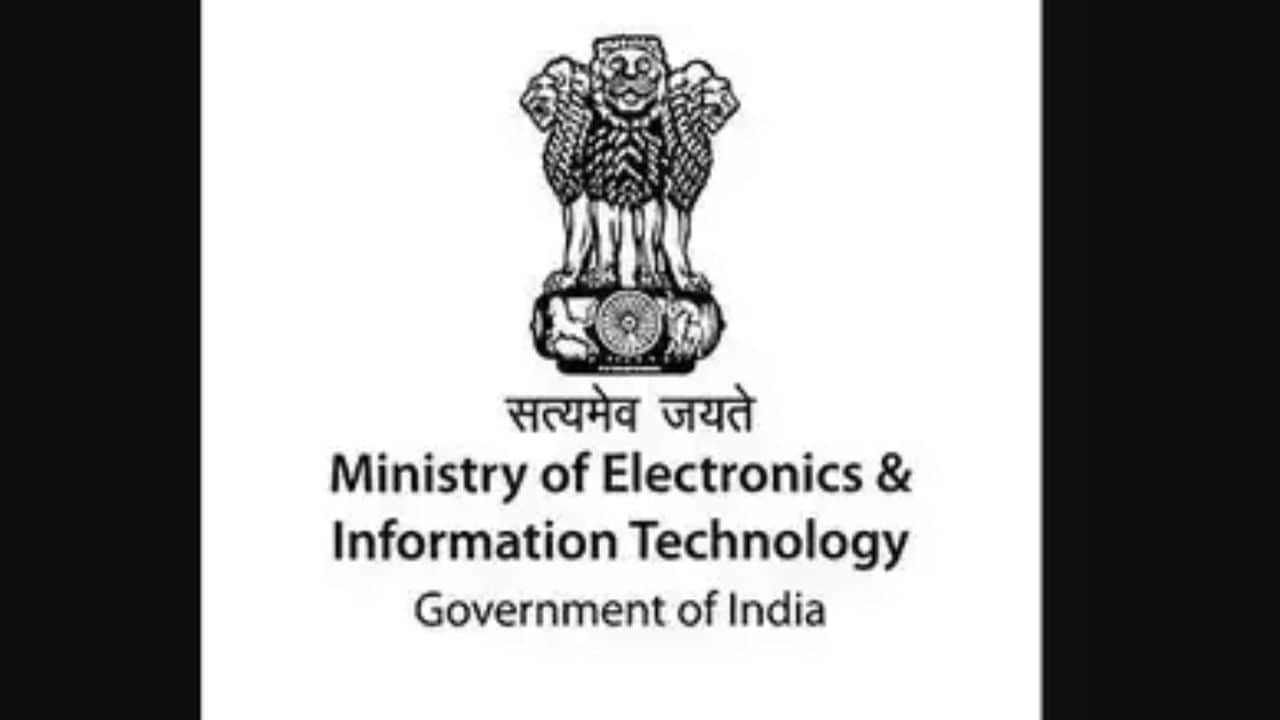OpenAI has countersued Elon Musk, accusing him of trying to sabotage the company’s shift to a for-profit model through a campaign of legal and public harassment.
Tag: Media
Meta raises concerns over DPDP Act clauses, citing curbs on minor profiling, data localization
Social media giant Meta has raised concerns about Digital Personal Data Protection (DPDP) Act, specifically regarding restrictions on the profiling and behavioral tracking of minors, potential data localization requirements, and the necessity of verifiable parental consent.
Waking up to sleep economy, brands increase ad spends up to 100%
As Ikea intensifies its focus on sleep quality in India, homegrown brands are expanding their portfolios with sophisticated, health-centric sleep solutions, including AI-powered products, exclusive retail outlets, and enhanced digital communication.
Maharashtra joins regulatory wave, eyes licensing system for online gaming
Through this policy, Maharashtra government is aiming for two-pronged goal: protect consumers from fraud and deception, while simultaneously legitimizing a booming sector through legal and economic channels.
Ashwini Vaishnaw refutes claims linking DPDP Act to RTI Act dilution
Union Minister for Electronics and Information Technology, Ashwini Vaishnaw, addressed criticisms regarding Section 44(3) of the DPDP Act, which some claim weakens the RTI Act. In a post on X (formerly Twitter), he clarified that the DPDP Act does not dilute the RTI Act.
Telecos roll out mobile coverage maps online following TRAI mandate
Following the Telecom Regulatory Authority of India (TRAI’s) mandate, Telecom Service Providers have published mobile network coverage maps on their websites to enhance transparency and empower mobile subscribers.
TRAI updates list of authorised Digital Addressable Systems auditors
The Telecom Regulatory Authority of India (TRAI) released an updated panel of auditors authorised to conduct audits of Digital Addressable Systems (DAS), on April 9. The list includes multiple audit firms and professionals who are permitted to carry out audits across India through 2025-27.
MIB extends bidding round duration in FM Phase III e-auctions to boost participation
As per the new amendment, the Ministry has extended the duration of each round in the Rank-wise Multiple Rounds allocation stage from 30 minutes to 60 minutes. This change aims to provide bidders with more time per round during the allocation stage, potentially facilitating a more considered bidding process.
Parliament panel reviews impact of IT Agreement in digital age
Representatives from MeitY, DoT, MEA, Centre for Trade and Investment Law, India Cellular and Electronics Association, and Academy of Business Studies presented their views on ITA, on April 9.
Rising actor fees and corporate control: Is Indian cinema losing its soul?
India’s film industry is facing an existential crisis as skyrocketing actor fees, corporate dominance, and inflated box office figures threaten its sustainability.









